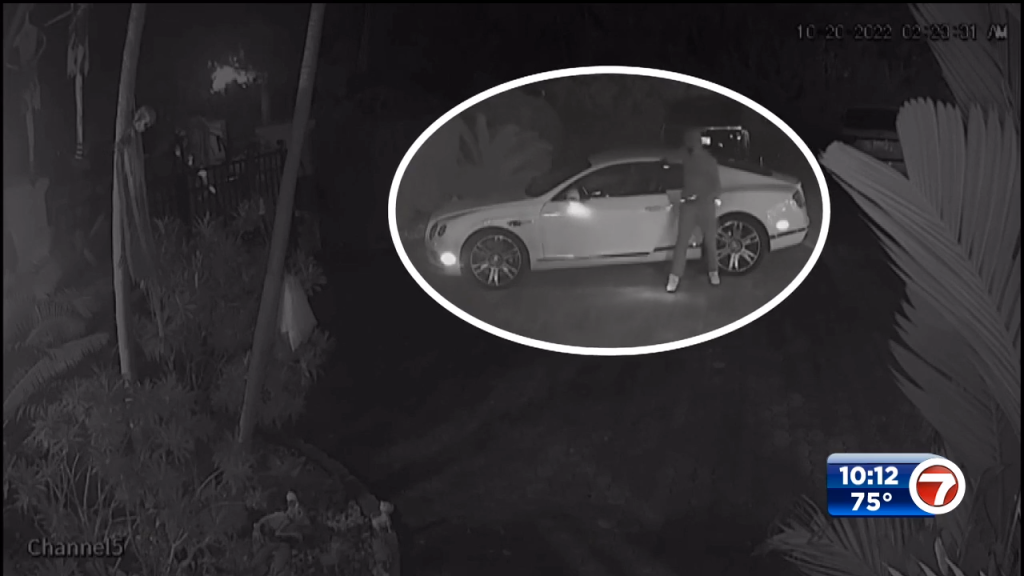Preserve Your Bounty With This All-Purpose Quick Pickling Recipe
Turn your excess vegetables into flavorful pickles using this quick and easy recipe. Quick pickles, also known as refrigerator pickles, don’t require canning and will keep in your fridge for months.


It happens to me every summer: I grow too many of a vegetable (I’m looking at you, zucchini) or I get excited and buy too much of something at the farmers’ market. I hate to waste food, so instead of letting the excess go bad, I pickle it.
Pickling extends the life of fresh produce, allowing you to enjoy it for months to come. It infuses it with tons of flavor, turning it into something familiar but new. And nothing could be easier than quick pickling. There’s no canning equipment involved, no worrying that the jars properly sealed. You just need some vegetables, vinegar, salt, sugar, and jars.
What Is Quick Pickling?
Quick pickles are made by adding hot brine to fresh veggies and letting them sit in the fridge. You can eat them almost immediately for a crunchy, lightly flavored snack, but they’re best if you give them at least 24 hours. For true pickle flavor, wait a week. While they don’t have the same shelf life as canned pickles, they will last at least 3 months in the fridge.
What Vegetables are Best for Quick Pickling?
It’s almost easier to list veggies that aren’t good for quick pickling (potatoes come to mind). When assembling refrigerator pickles, you can pickle a singular vegetable or use a mix. The following are great options for quick pickling:
- Cucumbers: The most pickled of all vegetables, cucumbers reliably make a great pickle. Small, crunchy varieties are especially good, but any kind will do. Consider peeling thick-skinned varieties and removing any big seeds.
- Carrots: Cut into rounds or spears, carrots make a deliciously crunchy pickle. Peel and remove the tops before pickling.

- Zucchini or squash: Zucchini and yellow squash pick up the flavors of brine easily. While they aren’t crunchy, they are a nice addition to sandwiches and antipasti.
- Onions: Pickled onions are one of the most versatile pickles. Peel and slice large varieties thin and leave pearl onions whole before brining. Serve atop burgers, tacos, hot dogs, and more.
- Peppers: From bell peppers to jalapeños, all peppers are good for pickling. Slice them into thin strips or rounds. Seed bell peppers, but leave the seeds in hot peppers for extra heat.
- Green beans: Pickled green beans are a fun snack and make a unique addition to salads. To prepare, snap or cut off the tough ends. Leave them whole for an attractively long pickle.
- Cauliflower: Raw cauliflower retains its crunch while absorbing the flavors of the brine, making it ideal for pickling. Mix it with carrot, onion, and jalapeños to make escabeche.
Other fun quick pickle ideas include radishes (trimmed and sliced or cut in half), fennel (cut into thin slices like onion), grape or cherry tomatoes (halved or left whole), and garlic (peeled).
The Brine
I like a ratio of 1 part vinegar to 1 part water, which imparts the perfect amount of tangy acidity. I also prefer a mix of white vinegar and apple cider vinegar for a clean but flavorful brine. You can use all white vinegar or all apple cider vinegar if you like.
You can flavor the brine in a number of ways. The only musts are salt and sugar, both of which can be adjusted to suit your tastes or the particular type of pickle you want to make.
- For a sweet pickle, use up to 3 tablespoons of sugar and 2 teaspoons of salt.
- For a milder pickle, use 4 teaspoons sugar and 2 teaspoons salt.
- For a more savory pickle, use 2 teaspoons sugar and 3 teaspoons salt.

The Aromatics, Spices, and Herbs
Just as there are plenty of options when choosing what vegetables to pickle, there are even more options when it comes to flavoring them. I’ve listed some good options below and you can use any combination that sounds good to you.
- Smashed garlic cloves
- Fresh ginger slices
- Fresh dill sprigs or heads of dill
- Fresh thyme sprigs
- Bay leaves
- Black peppercorns (black, white, or a mix)
- Mustard seeds (yellow or black)
- Red pepper flakes (1/2 teaspoon or less)
- Coriander seeds
- Celery seeds
- Fennel seeds
- Whole cloves
- Cinnamon sticks (one small stick or less per batch)
- Dried oregano
- Ground turmeric
- Basic pickling spice blend
Tasty Flavor Combinations
If you’re looking for a specific place to start, here are some options for flavor combinations:
- Italian-inspired pickles: Zucchini and red bell peppers with 1 tablespoon sugar, 2 teaspoons salt, 6 smashed garlic cloves, 1 teaspoon oregano, 1/2 teaspoon fennel seeds, 1/2 to 1/4 teaspoon red pepper flakes
- Sweet and spiced carrot pickles: Carrot coins with 3 tablespoons sugar, 2 teaspoons salt, 1-inch piece of fresh ginger cut into thin slices, 1 cinnamon stick, 6 cloves, 1/2 teaspoon ground turmeric
- Spicy pickles: Cucumber rounds or spears and jalapeño rings with 2 tablespoons sugar, 3 teaspoons salt, 1 teaspoon black peppercorns, 1/2 teaspoon mustard seeds, 1/2 teaspoon red pepper flakes

Embrace the Excess
Prepare the vegetables:
Wash the vegetables. You can use all one variety or a mix of a few.
Slice carrots, cucumbers, radishes, and zucchini or squash into rounds or spears. Core and seed bell peppers, then slice into strips. Slice smaller peppers into rounds.
Snap the ends off of green beans. Peel and cut fennel and onions into thin slices; simply peel garlic. Trim cauliflower into small florets. Cut grape or cherry tomatoes in half or leave whole.
Pack the jars:
Pack the vegetables tightly into 2 clean pint jars leaving about 1 inch of headspace.

Make the brine:
Combine the water, vinegars, sugar, salt, spices, and dill (if using) in a medium saucepan.
Heat over medium heat, stirring occasionally, until the salt and sugar have dissolved. Let come to a boil and turn off the heat.

Pickle the vegetables:
Pour the hot brine over the vegetables, submerging all of the vegetables and leaving a 1/2-inch of headspace.
Wipe the rims and screw on new, clean lids.
Cool and store:
Let the jars cool on the counter until room temperature, about 1 hour.
Once cool, store in the fridge. The quick pickles can be enjoyed right away, although they’ll taste much better after 24 hours and even better after a week.
Quick pickles will keep for about 3 months in a sealed jar in the fridge.
Did you love the recipe? Leave us stars below!

This article has been sourced from various publicly available news platforms around the world. All intellectual property rights remain with the original publishers and authors. Unshared News does not claim ownership of the content and provides it solely for informational and educational purposes voluntarily. If you are the rightful owner and believe this content has been used improperly, please contact us for prompt removal or correction.












